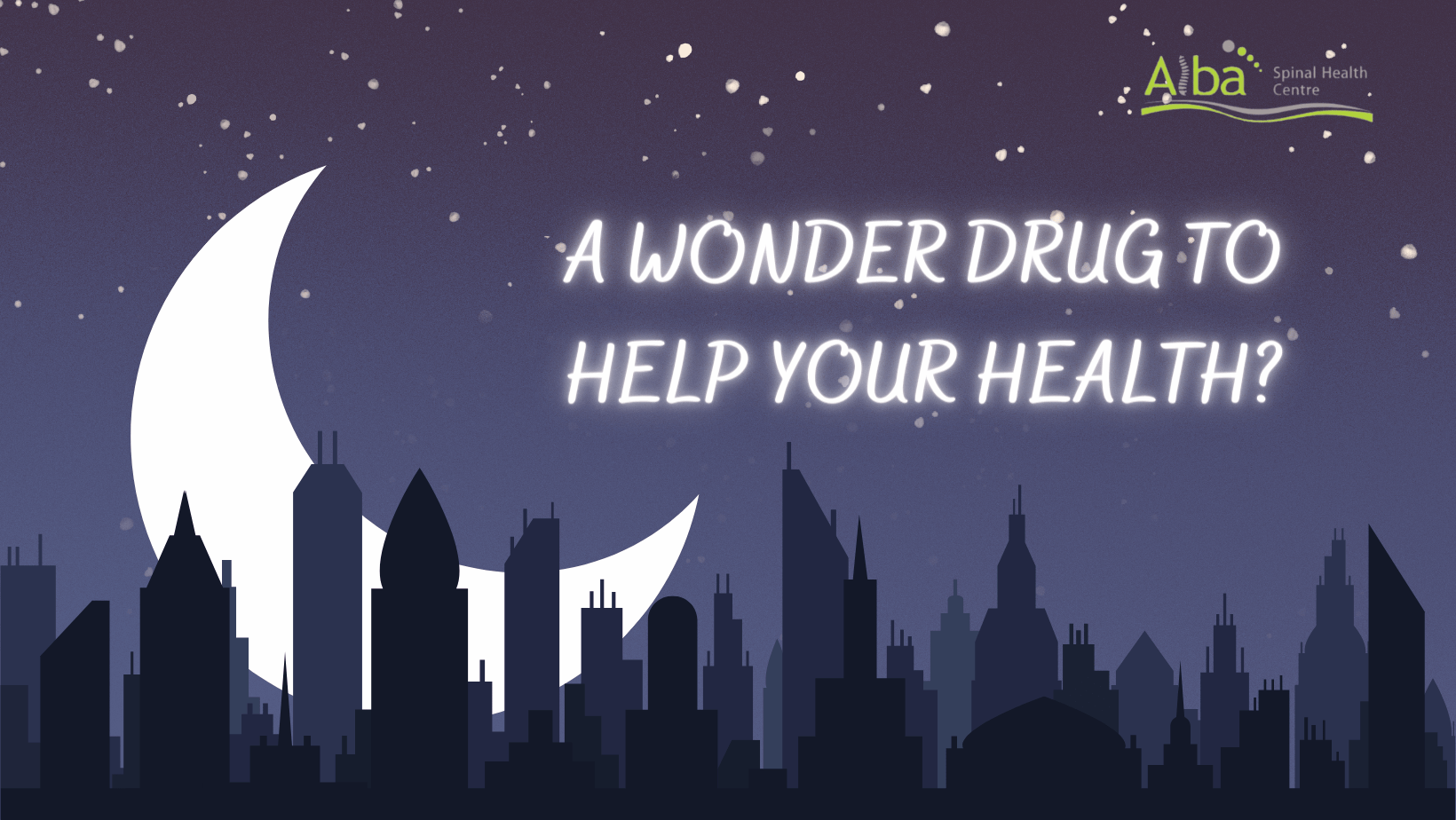What if we told you that there’s a wonder drug that will:
- Boost your immune system to help you fight off illnesses and help you obtain and maintain a healthy body weight
- Improve your heart health – reducing your risk of high blood pressure, diabetes, heart disease and stroke
- Increase your attention and concentration levels (and improve your memory too!)
- Drastically reduce your stress levels and improve your mental health
- All with NO SIDE EFFECTS
You’d probably be asking where you could buy some.
And if we then told you that it doesn’t actually cost anything – you’d be desperate to know where you can get some, right?
Well that wonder drug is…
SLEEP.
Yep, all of those benefits are available to us without having to pop any pills or spend any money on lotions or potions.
But in an ever increasingly busy world, we’re almost all getting less sleep than we need or poor quality sleep. And it’s having a knock-on effect on our overall health.
So here are 5 simple ways in which you can improve the amount and quality of the sleep you get:
#1. Avoid blue light
Devices such as phones, tablets and even TVs emit ‘blue light’ which has been shown to impact our circadian rhythms.
Blue light affects our body’s ability to produce melatonin, the so-called ‘sleep hormone’, so using these devices before bed can make it harder to fall or stay asleep.
Instead, try coming off any devices at least an hour before bed, or wearing eyewear with ‘blue light blocking’ lenses to limit the amount of blue light you’re exposed to.
#2. Ditch the coffee
Even though lots of people claim they can sleep ok after drinking coffee, it’s been shown that consuming caffeine before sleeping has a huge impact on the quality of sleep.
Experts suggest avoiding any caffeinated drinks for at least 6 hours before going to sleep.
But it’s not just tea and coffee. Don’t forget that certain foods contain caffeine too – including chocolate – so try not to overdo it on the Dairy Milk right before you switch off the lights.
#3. Wind down
A good night’s sleep starts before your head hits the pillow, and a night-time routine can effectively ‘trick’ our body into better sleep.
A consistent bedtime routine – like having a bath, listening to calming music, or drinking a herbal tea – not only helps relax us, but our brains actually come to see those activities as a precursor to sleep, making it easier to ‘switch off’.
#4. Track your sleep
There are dozens of ways to track your sleep now, so you can get a better understanding of any trends or patterns that may be affecting your dozing performance.
Free apps like ‘Sleep Cycle’ will give you insights into your sleep and even wake you up at the optimal time. And many smart devices like fitness trackers can monitor your sleep patterns too.
This means you can start to build a picture around your habits and routine and the effect it has on your sleep.
#5. Avoid naps
It’s not uncommon to start to feel drowsy in the early afternoon, especially if you’ve been physically active.
But frequent napping can make it harder to get good quality sleep at night. If possible, try to get 7-9 hours of sleep each night, instead of trying to ‘catch up’ with naps during the day.
That’s it. Make sure you’re catching those Zzz’s and experience what the wonder drug called ‘Sleep’ can do for your health!


